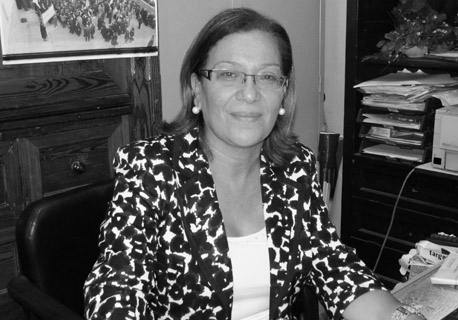
May 3, 2013 | Advocacy, News
Today, the ICJ sent a letter to the Tunisian Minister of Interior and the Minister of Justice requesting them to take immediate action in order to ensure the security and physical integrity of Justice Kalthoum Kennou.
Justice Kalthoum Kennou is a Tunisian judge on the Court of Cassation, President of the Tunisian Association of Magistrates, and ICJ Commissioner.
This call comes as Justice Kennou received a letter containing serious death threats, demanding her withdrawal from the judiciary. Justice Kennou is active in the establishment of an independent judiciary and the protection of human rights.
The ICJ strongly condemns these threats and all acts of intimidation against the judiciary and human rights defenders in Tunisia, and calls on the Tunisian authorities to initiate the necessary investigations and inquiries in order to find, prosecute, and punish the individuals behind these brutal threats.
Tunisia-Lettre Kalthoum Kennou – MoI-advocacy-2013 (full text in pdf)
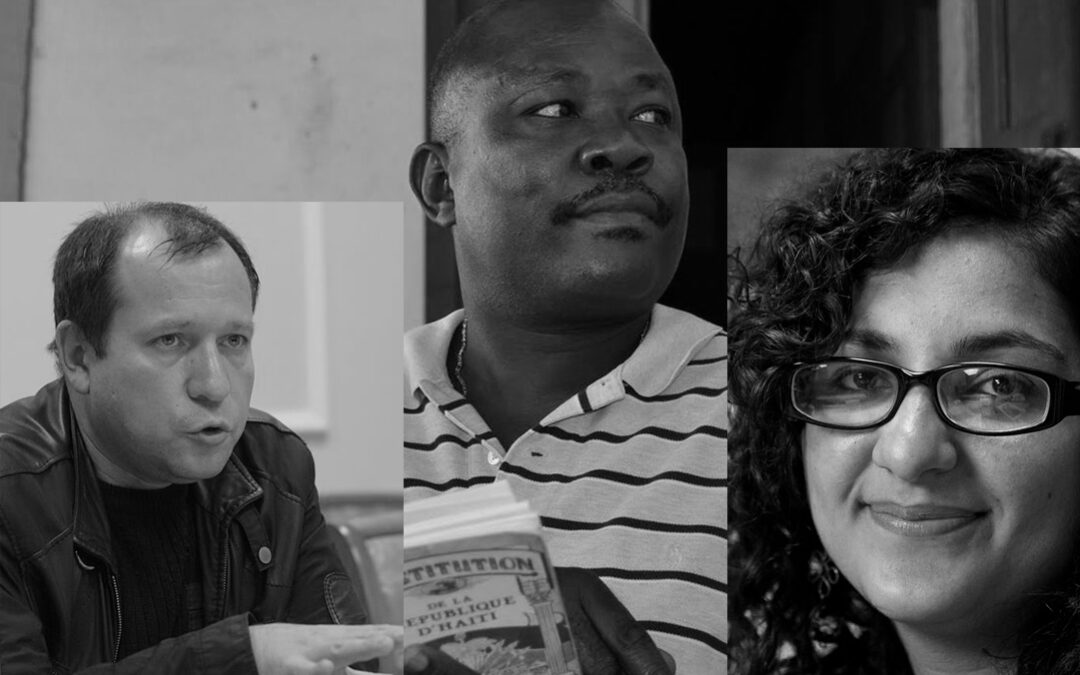
Apr 24, 2013 | Feature articles, News
The three final nominees for the Martin Ennals Award for Human Rights Defenders are Mona Seif (Egypt), Joint Mobile Group (Russia) and Mario Joseph (Haiti). The ICJ is one of the ten members of the jury.
The Martin Ennals Award is given to Human Rights Defenders who have shown deep commitment and face great personal risk. The aim of the award is to provide protection through international recognition.
Selected by ten leading human rights organizations (ICJ, Amnesty International, Human Rights Watch, Human Rights First, International Federation of Human Rights, Front Line Defenders, HURIDOCS, Diakonie – German Protestant Welfare, World Organization Against Torture and International Service for Human Rights) it is the world’s most important Human Rights Prize.
The 2013 Award will be presented on Oct. 8th at a ceremony hosted by the City of Geneva.
Mona Seif (Egypt) is the core founder of the” No To Military Trials for Civilians”, a grassroots initiative which is trying to stop military trials for civilians.
Since February 25, 2011, Mona has brought together activists, lawyers, victims’ families, local stakeholders and started a nationwide movement against military trials.
As part of the recent crackdown on the Freedom of Speech in Egypt she has been charged along with other Human Rights activists.
She noted that “International solidarity, and I mean people’s support not governments, empowers us to continue our battle and stop military trials for civilians“.
After the murder of several human rights activists working in Chechnya, Igor Kalyapin started the Joint Mobile Group. To reduce the risk they send investigators on short missions to Chechnya to document Human Rights abuses.
This information is then used to publicise these abuses to seek legal redress. Igor Kalyapin speaking of the effect of international publicity said “… when the international community is watching us it is more difficult for the authorities to take steps against us…”
Mario Joseph, Haiti’s most important Human Rights lawyer, has worked on some of the most important cases in Haiti, including the current case against the former dictator Jean-Claude “Baby Doc” Duvalier.
His family received asylum in the United States in 2004, while he chose to return to Haiti. He has faced threats and harassment for much of his 20 years as a lawyer although it has intensified in recent months.
He says: “this recognition from the Ennals Award shines a vital spotlight on my work, and on the work of everyone who is fighting for human rights in Haiti. That spotlight will make our work safer and more effective.”
MEA-Short Summary-2013 (read the pdf)
MEA-MONA SEIF bio-2013 (read the pdf)
MEA-JOINT MOBILE GROUP bio-2013 (read the pdf)
MEA-MARIO JOSEPH bio-2013 (read the pdf)
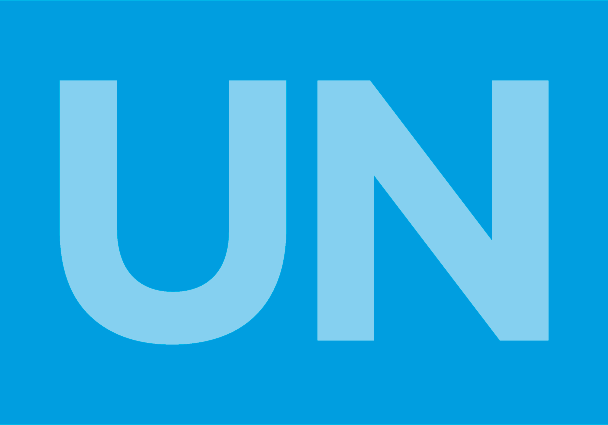
Mar 5, 2013 | Advocacy, Legal submissions, Non-legal submissions
The ICJ today requested the UN Special Rapporteur on the situation of human rights defenders to call on Zimbabwe, Angola, the Democratic Republic of Congo and Swaziland to take effective measures to prevent and end attacks on and persecution of human rights defenders.
The ICJ delivered its oral statement today during an interactive dialogue with the Special Rapporteur as part of the Human Rights Council’s 22nd regular session (25 February to 22 March 2013).
The ICJ also noted the need for these States to:
- Ensure adherence to international standards on detention and fair trial in cases where human rights defenders have been arrested;
- Conduct prompt and impartial investigations and, where human rights abuses are criminal in character, prosecute all persons responsible; and
- Ensure that affected human rights defenders have access to effective remedies and reparation for such abuses.
Also addressed to the Special Rapporteur on the situation of human rights defenders was a written statement submitted earlier this month concerning legislative restrictions on ‘homosexual propaganda’ that threaten LGBT human rights defenders.
SouthernAfrica-HRC22-IDItem3-SRHRDs-Non-LegalSubmission-2013 (download oral statement in PDF)
For the written statement click here
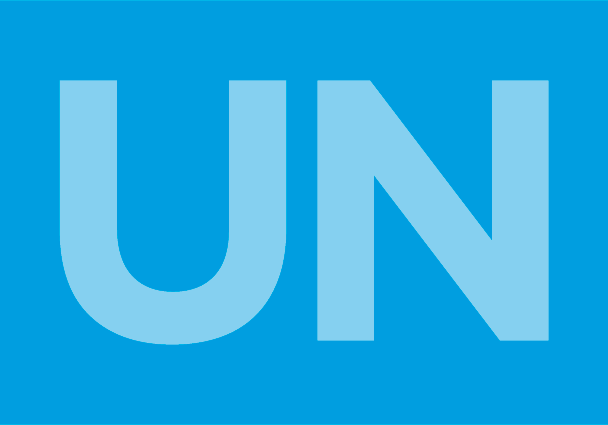
Feb 26, 2013 | Advocacy, Non-legal submissions
The ICJ joined 14 other NGOs in expressing deep concern over the exclusion of civil society from the consultation process on the UN human rights treaty bodies strengthening process.
In a statement delivered by the International Service for Human Rights during an informal hearing for civil society on 26 February 2013, the continued exclusion of the Geneva-based NGO Alkarama, and the lack of transparency by which this decision was made, was criticised.
Signatories to the statement urged the facilitators of the process and UN member States to enable independent civil society to contribute to the treaty body strengthening process.
TBSP-Alkarama-NonLegalSubmission-2013 (download statement in full)
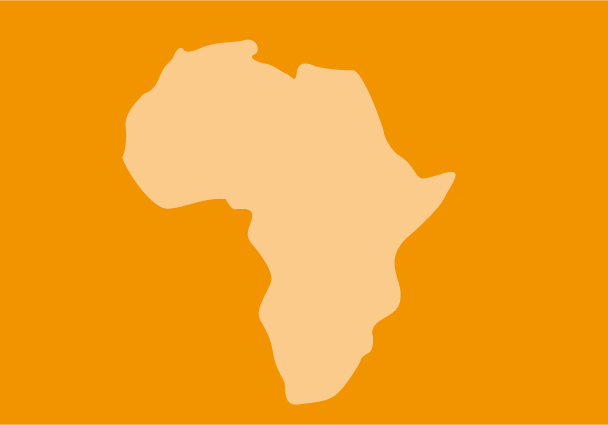
Feb 15, 2013 | News
The ICJ today expressed its great concern at reports that the police in Zimbabwe have carried out what appears to be an unjustifiable raid against human rights defenders, Zimbabwe Peace Project (ZPP).
On 11 February 2013, police reportedly raided the offices of ZPP, a non-profit organization comprising of non-governmental organizations (NGO) and church-based organizations, and confiscated mobile phones, wind up radios, files with donor information, political violence reports and DVDs.
“The continuous attacks against NGOs by law enforcement agencies clearly shows that there are systematic assaults on human rights defenders which are closing the democratic space within which human rights defenders operate”, said Martin Masiga, Deputy Director of the ICJ Africa Regional Program. “It appears that the police are trying to discourage human rights defenders from engage with citizens of Zimbabwe to exchange information concerning their rights and freedoms, as the country heads for a referendum and election during the course of the current year”.
The police undertook the raid pursuant to a search warrant issued by the Superintendent of the C.I.D Law and Order Division of the Zimbabwe Republic Police (ZRP).
The search warranted stated that there were reasonable grounds to believe that ZPP had committed offences in terms of the Criminal Law (Codification and Reform) Act, the Immigration Act, and the Customs and Excise Act.
On the same evening eight police officers were discovered by the security team that provides rapid response for the ZPP at the ZPP premises, after an alarm had been tripped.
The police officers demanded to gain access into the office of ZPP Director, Jestina Mukoko. However the office was locked and they could not enter. These officers did not have a search warrant.
The ICJ welcomes the statement of the Co-Minister of Home Affairs, the honourable Theresa Makone, which says that the Cabinet is concerned “over the overzealousness of some police officers”, and that the police “must follow the basic principle of policing” which is to investigate “to arrest rather than arresting to investigate”.
The ICJ urges the Zimbabwean government to ensure that it protects human rights defenders in accordance to United Nations Human Rights Defenders Declaration, endorsed by all the States including Zimbabwe.
The ICJ further urges the Zimbabwean government to stand by its commitments to the Zimbabwean Constitution, the African Charter on Human and Peoples’ Rights and the International Covenant on Civil and Political Rights, to which it is a state party. These instruments expressly guarantee the right to the freedom of opinion, expression and association.
Lastly, the ICJ further urges the police in Zimbabwe to conduct impartial investigations into allegations of violations of human rights, to hold accountable those responsible for human rights abuse and to protect human rights defenders and NGOs that work for the protection of human rights in Zimbabwe.
Contact:
Martin Okumu-Masiga, Deputy Director of the ICJ Africa Regional Programme, t: +27110248268; e-mail: martin.okumu-masiga@icj.org









